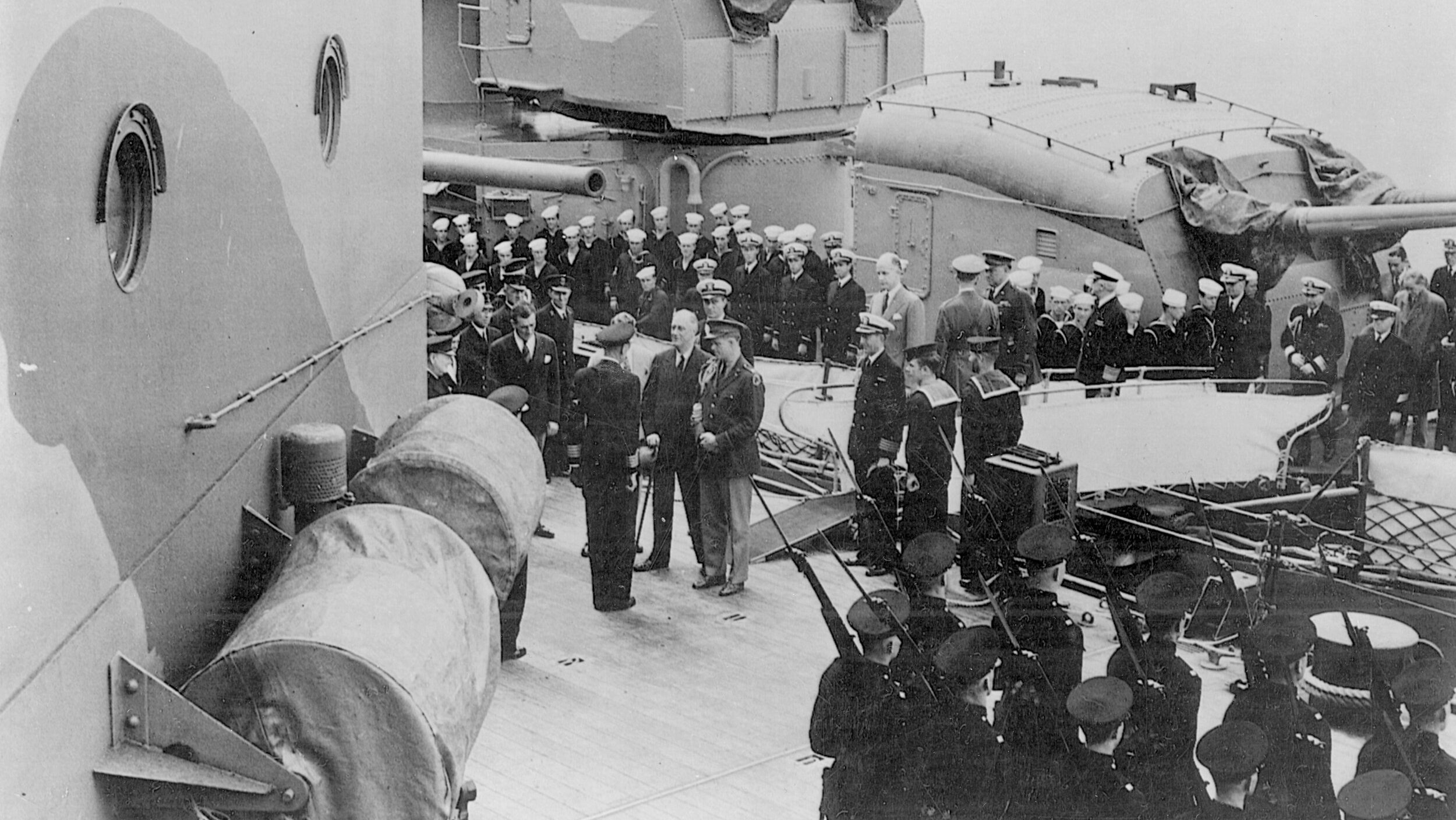West Africa: Remarks for Launch of Bureau of African Affairs Commercial Diplomacy Strategy - allAfrica.com
Abidjan, Cote d'Ivoire — As delivered
Thank you, Kendra, for the kind introduction and for hosting this event alongside the American Chambers of Commerce in West Africa and the U.S. embassy.
It's an honor to be here and to be part of today's discussion on strengthening U.S.-Africa business partnerships - a topic that is both a personal passion of mine and a central priority for the Trump Administration in Africa.
From Washington we see what everyone in this room sees - Africa's extraordinary commercial potential. It's the world's largest untapped market and by 2050, will be home to a quarter of the world's population - 2.5 billion people with a projected purchasing power of over $16 trillion. This will rival the economies of our three largest trading partners: Canada, China, and Mexico.
Africa should be among our largest trading partners and yet, it isn't. U.S. exports to Sub-Saharan Africa represent less than one percent of our total trade in goods - a figure that has remained virtually unchanged for more than two decades.
We've taken a hard look at why U.S. trade with Africa has lagged. The findings were clear.
For too long, we've prioritized development assistance over promoting U.S. commercial engagement in Africa. Going forward, we will continue to invest in development - but we will do so through expanded trade and private investment, because it is the private sector - not assistance - that drives economic growth.
We have historically emphasized macroeconomic reforms, rather than breaking down barriers and opening doors for American companies on the ground.
And we've heard American businesses loud and clear: U.S. government resources are often too slow, too fragmented, and too siloed to compete effectively with global competitors like China and Russia.
I am here to tell you: This is all changing under the Trump Administration. We no longer see Africa as a continent in need of handouts, but as a capable commercial partner. "Trade, not aid," a slogan we've seen thrown around for years, is now truly our policy for Africa - a shift I know you have long sought and one that I am committed to strengthening. Because assistance involves a donor and a recipient, but commerce is an exchange between equals.
The Administration's goal here is clear: to increase U.S. exports and investment in Africa, eliminate our trade deficits and drive mutual prosperity.
I am excited to present to you today our strategy to achieve this goal - a strategy that builds on our strengths, such as the State Department's convening power. It streamlines our diplomatic engagement, and it focuses our efforts on the countries where U.S. companies want to do business and where the data shows we ought to do business.
Our strategy contains six actions, which will be implemented in close partnership with you, the companies doing business; and with the African governments and other stakeholders ready to create the conditions for business to succeed; and with our colleagues in other U.S. government agencies, especially the Department of Commerce, with whom we collaborate to support U.S. exporters across the continent.
These are actions we want to see enacted by the next U.S.-Africa Leaders Summit, which we expect to host later this year.
The first action is to make Commercial Diplomacy a core focus of our Africa engagement. All U.S. Ambassadors in Africa are now being evaluated on how effectively they advocate for U.S. business and the number of deals they facilitate. The results so far have been staggering - within the first 100 days, 33 deals valued at $USD 6 billion have been signed. Our ambassadors are actively seeking new opportunities, so bring us your deals, and we will bring you a coordinated U.S. government response.
The second is to work with our African government partners in priority countries to implement the top five market reforms identified by the private sector. These reforms are critical to attracting U.S. and foreign capital, enabling U.S. companies to win tenders, successfully operate and expand across the continent. Studies show that countries that reduce non-tariff barriers experience stronger economic growth. So, I want to make a deal with the government officials in this room: if you work with the U.S. and local private sector to identify and implement these reforms by the time of the U.S.-Africa Leaders Summit, I will highlight your country as a prime destination for U.S. investment. I know several of you are already working on this through the Commercial and Investment Partnerships you have with the Department of Commerce. So, keep it up, let's make the changes needed to get that money flowing in and let's celebrate our successes together loudly.
The third action in the strategy is to implement key infrastructure projects in priority countries. These are projects that will unlock economic growth and attract private investment. Projects that are commercially viable and attractive to U.S. business. Because we are not interested in supporting vanity projects or infrastructure built by the Chinese government. We want to partner with you to build sustainable, high-quality infrastructure that will deliver lasting benefits for your people and become your legacy. Let's identify that first project this week.
The fourth action is for officials from the State Department to lead more commercial diplomacy trips, like the one I'm on this week. Unlike traditional diplomatic visits that address a range of bilateral issues, these trips focus exclusively on advancing trade and investment with countries that have a positive business environment or are making the necessary reforms to create one. Countries with tangible opportunities for U.S. firms, not aspirations. Our commercial diplomacy trips will be shaped by the private sector and, for the first time, include the private sector. I will ensure that you have a seat at the table, so you can hear firsthand about the opportunities shared in our meetings with officials.
While these trips are helpful to the companies involved, we must do more to connect a greater number of U.S. companies to the opportunities in Africa - especially those that have yet to do business on the continent. So that's our fifth action, to connect a greater share of the nearly 300,000 export-ready U.S. companies and the $120 trillion U.S. capital market to the African continent.
Our sixth and final action is to advocate for structural reforms to U.S. trade promotion, project preparation and financing tools to better support U.S. companies. Companies need better blended financing options, a shorter application process, and better financing terms. And our financing agencies must take greater risks to compete in the global marketplace. Fortunately, the new leaders of these agencies agree and are actively working to incorporate these reforms. I will continue to advocate strongly for their implementation, because I hear you, the U.S. companies, screaming for them.

Sign up for free AllAfrica Newsletters
Get the latest in African news delivered straight to your inbox
As you can see, we are all in on increasing trade and investment with Africa. But for this to succeed, each of us has to do our part. U.S. companies stand to gain by taking greater risks and actively pursuing opportunities in new markets - but success demands more than ambition.
You must be willing to invest not just in capital, but in time - time spent understanding the market and how it operates. Events like this and the many American Chambers of Commerce across the continent, provide excellent opportunities to do just that.
Our African partners have an important part to play as well. You must create an enabling environment for U.S. companies to succeed. You must also be willing to pay the cost of American goods and services. We're not always the cheapest option, but we are the superior option, which is why I ask that you consider the total lifecycle cost of the product or service when making a procurement decision. Buying American buys you the highest quality product AND innovation, skills transfer, and well-paying jobs for your citizens. When you choose American products, you're making an investment in your future.
I'm excited about this new chapter in the U.S.-Africa relationship - one that's built on honesty, accountability and mutual respect. And I look forward to all we will accomplish together. Thank you.
Ambassador Troy Fitrell, Senior Bureau OfficialBureau of African Affairs











